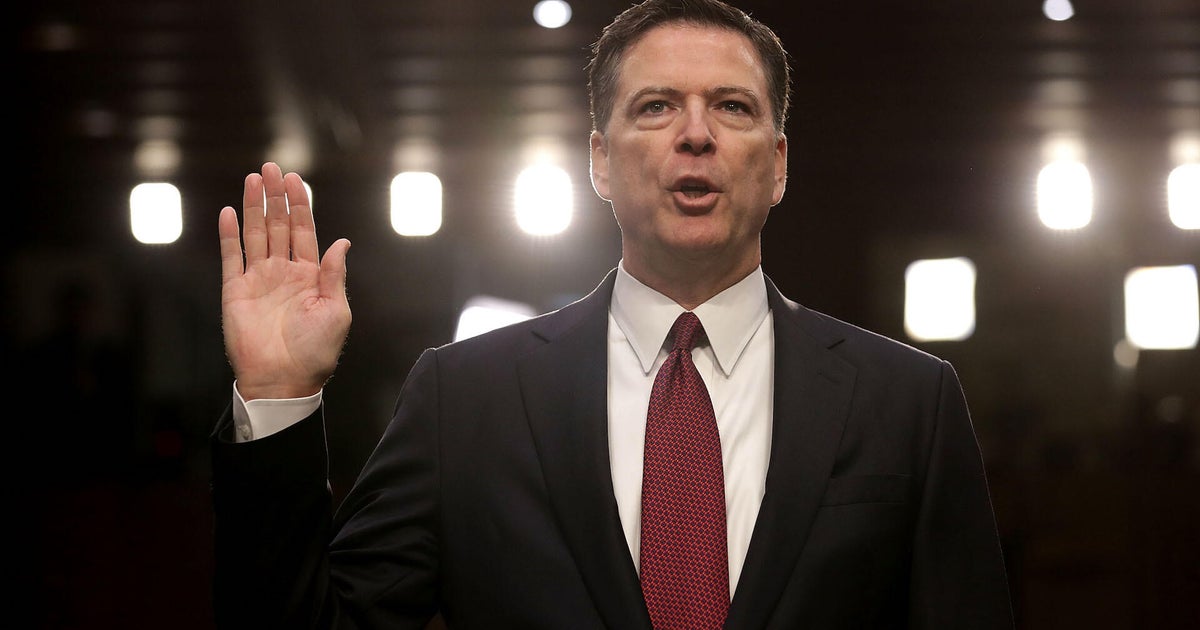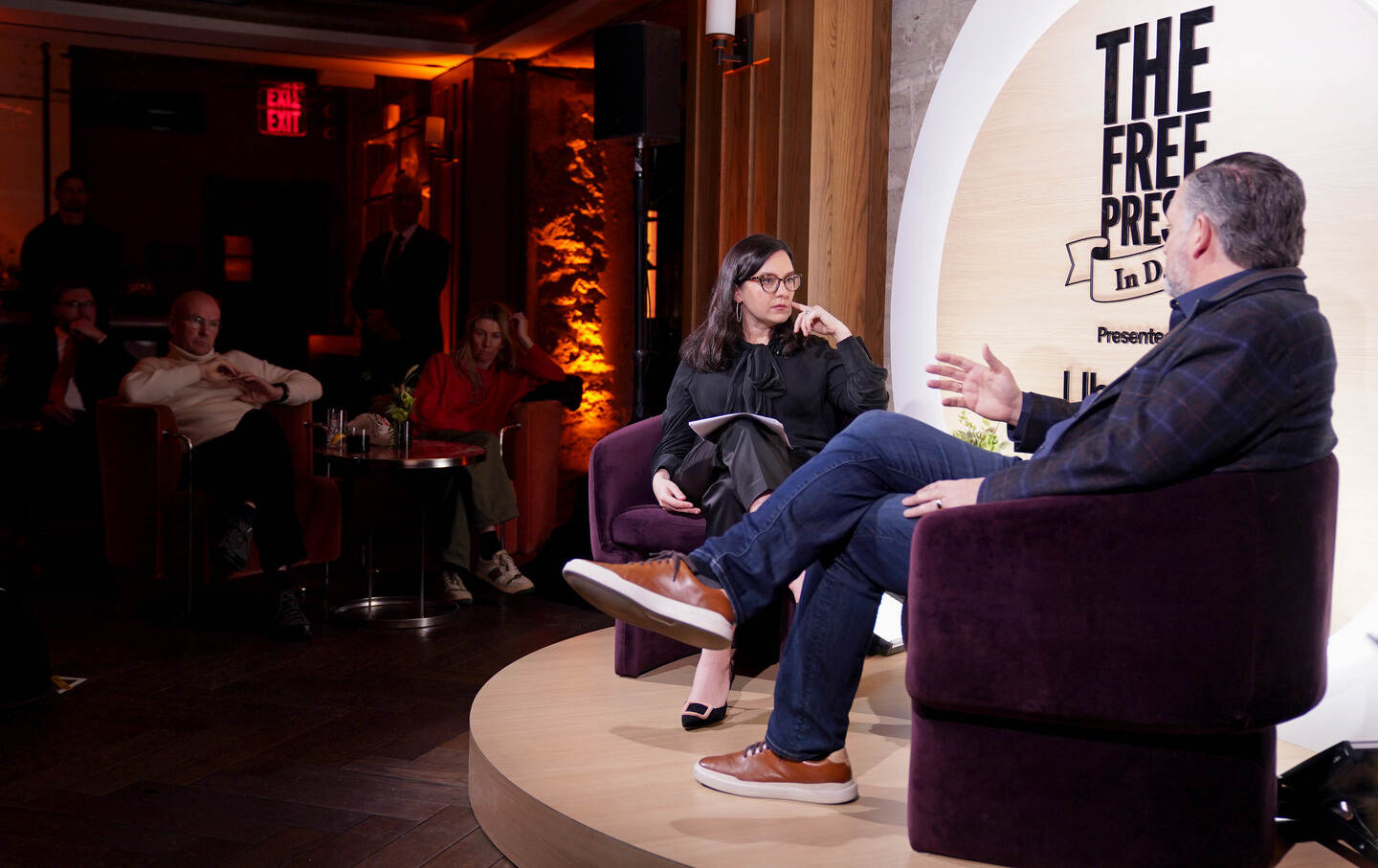
In a striking move from President Trump’s Justice Department, former FBI Director James Comey has been charged with two criminal counts, including lying to Congress. This unprecedented legal action revisits contentious issues surrounding the FBI’s Trump-Russia probe that dates back nearly a decade.
On Thursday, a grand jury in Northern Virginia voted to indict Comey on two counts: making a false statement to Congress and obstructing a congressional proceeding. However, in a significant twist, the grand jury chose not to indict him on a third charge of making another false statement, indicating a more complex narrative than the prosecution may have anticipated.
The charges stem from a Senate hearing held in September 2020, during which Comey, having been dismissed by Trump three years prior, faced intense questioning about his oversight of the FBI’s investigations into Russian interference in the 2016 election and Hillary Clinton’s use of a private email server. Both of these investigations have been a source of ongoing controversy and frustration for Trump.
Notably, the five-year statute of limitations for bringing charges related to this hearing was set to expire next week, heightening the urgency of the Justice Department’s decision. In response to the indictment, Comey took to Instagram to assert his innocence, framing the charges as politically motivated attacks against him.
Attorney General Pam Bondi defended the indictment, stating that it “reflects this Department of Justice’s commitment to holding those who abuse positions of power accountable for misleading the American people.” This assertion raises questions about the motivations behind the charges and whether they are part of a broader partisan strategy.
### Count 1: Lying About Media Leaks
The first count against Comey involves a violation of federal law that prohibits making “any materially false, fictitious, or fraudulent statement or representation” to federal entities, including Congress. This charge is rooted in a tense exchange between Comey and Republican Senator Ted Cruz during the September 30, 2020, hearing.
Cruz pressed Comey on whether he had ever authorized another FBI employee to act as an anonymous source for media reports related to the FBI’s investigations into Trump and Clinton. Comey had previously answered similarly in a 2017 Senate hearing. However, Cruz pointed out that former FBI Deputy Director Andrew McCabe had publicly claimed to have leaked information to the Wall Street Journal, suggesting that Comey was aware of and approved the leak.
The indictment claims that Comey’s denial was false, alleging he had indeed authorized someone to serve as an anonymous source regarding an FBI investigation. A 2018 report by the Justice Department’s inspector general indicated that while Comey and McCabe provided conflicting accounts of their discussions about the Wall Street Journal article, the evidence appeared to support Comey’s version of events, casting doubt on the validity of the charges.
### Count 2: Obstructing a Congressional Proceeding
The second charge faced by Comey involves allegations of attempting to “influence, obstruct and impede” an investigation by the Senate Judiciary Committee through the provision of false and misleading statements. However, the indictment does not specify which statements led to this obstruction charge, leaving room for speculation about the underlying evidence and motivations.
### Grand Jury’s Rejection of a Charge Against Comey
In a notable development, the grand jury did not approve one of the three charges suggested by prosecutors. This decision is particularly rare and indicates a level of skepticism among jurors regarding the strength of the case being presented. In the 2016 fiscal year, federal prosecutors encountered such rejections only six times out of over 150,000 investigations.
This rejection has raised questions about the credibility of the Justice Department’s case against Comey and has been interpreted by some legal experts as indicative of a diminished confidence in the administration’s ability to pursue charges. Former federal prosecutor Brendan Ballou noted that this trend may suggest a significant erosion of credibility with jurors.
The charge that was not approved would have accused Comey of making false statements during questioning by Senator Lindsey Graham regarding a purported lead from the intelligence community in September 2016, which suggested that Clinton’s campaign intended to create a scandal related to Trump and Russia to distract from her email controversy. Comey’s response, claiming no recollection of such a lead, was deemed false by the Justice Department.
### Conclusion
The indictment of James Comey marks a significant chapter in the ongoing saga of political and legal confrontations stemming from the Trump administration. As the case unfolds, it raises critical questions about accountability, the use of power, and the intricate interplay between legal processes and political motivations. The rejection of one of the charges by the grand jury adds another layer of complexity, suggesting that the path ahead may not be as straightforward as the Justice Department had hoped. As this story develops, it will undoubtedly continue to capture the attention of the nation.


